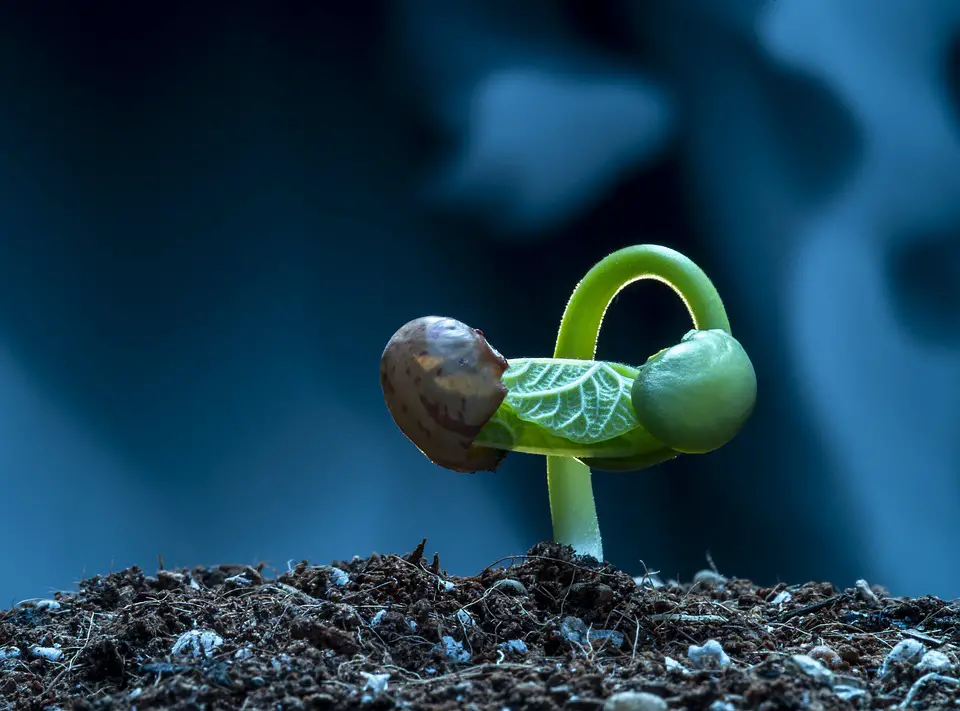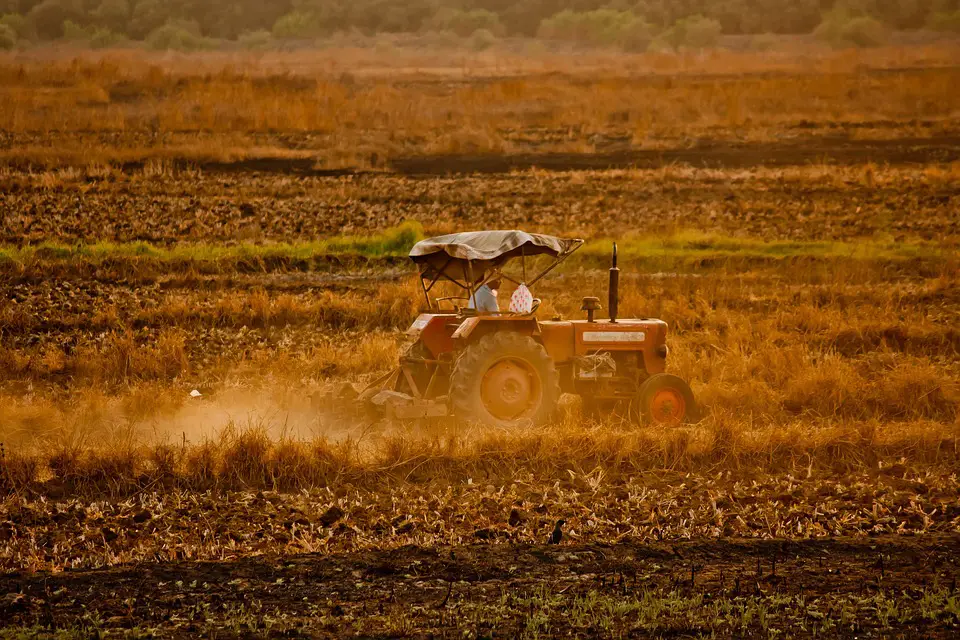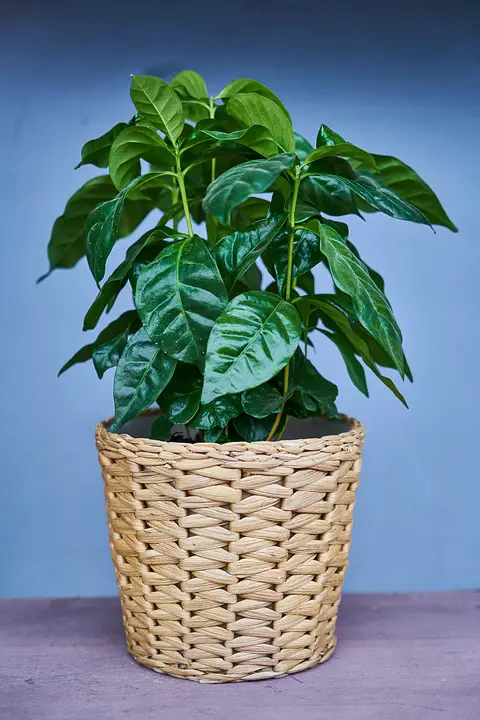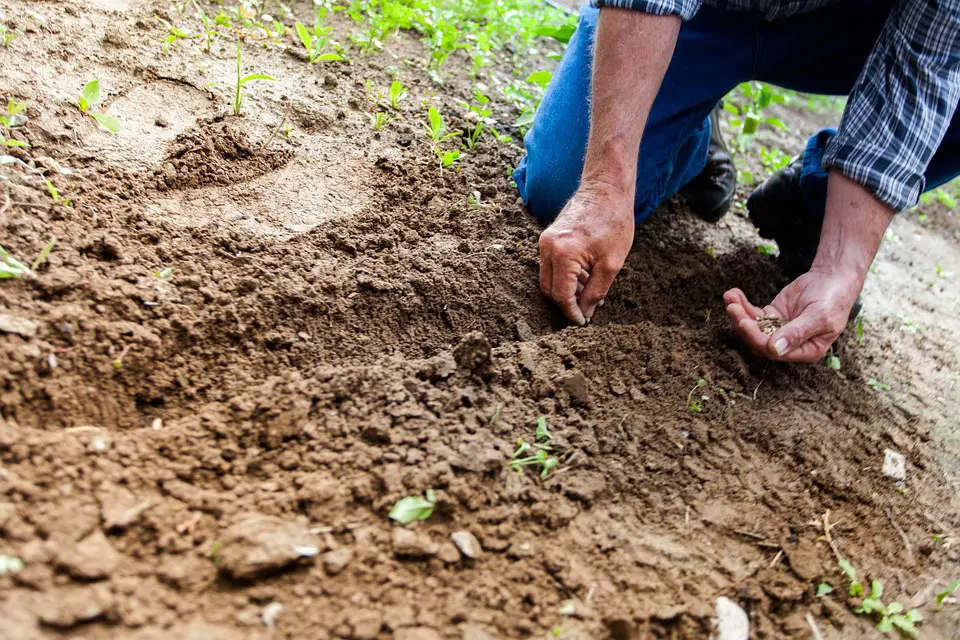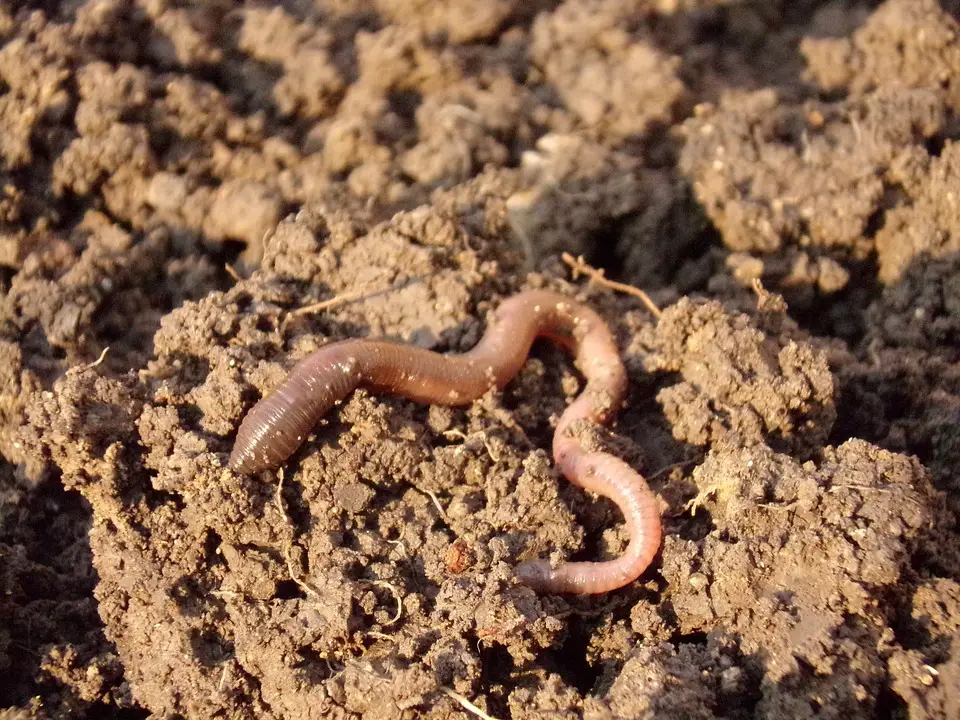Soil Care
-
Preserving the Foundation of Life: The benefits of proactive soil care
Proactive soil care is important for preserving soil fertility. It improves nutrient availability, water retention, and prevents erosion. Sustainable practices like crop rotation, cover cropping, and organic matter addition are beneficial. Soil testing every few years is recommended, and synthetic fertilizers should be used in moderation. Proactive soil care is beneficial for home gardeners as…
Categories: Soil Care -
Healthy Soil, Healthy Planet: Why soil care is crucial for sustainability
Healthy soil is crucial for sustainability as it supports nutrient cycling, water filtration, and carbon sequestration. Soil erosion, chemical pollution, and compaction threaten soil health. Organic farming, conservation techniques, and soil testing and amendments can help preserve and improve soil health. Individuals can contribute to soil care through responsible gardening and supporting organic and regenerative…
Categories: Soil Care -
Digging Deep: Unveiling the art of soil care and its impact on food security
Soil care is essential for food security as it maintains healthy and fertile soil, leading to higher crop yields, improved nutrition, and long-term sustainability. Practices like conservation tillage, crop rotation, cover crops, composting, and precision agriculture contribute to soil health and reduce environmental degradation.
Categories: Soil Care -
Safeguarding Our Future: The future of agriculture relies on responsible soil care
Safeguarding agriculture’s future relies on responsible soil care. Soil health is crucial for crop productivity and food quality. Intensive agriculture and climate change pose threats to soil health. Conservation agriculture, organic farming, cover cropping, and agroforestry are essential strategies for responsible soil care. Soil care improves crop yields, food quality, and minimizes environmental impacts. Soil…
Categories: Soil Care -
The Hidden Treasure in Our Backyards: Unveiling the potential of nurturing and enhancing soil health
This content discusses the importance of nurturing and enhancing soil health. It highlights how healthy soil supports plant growth, aids in carbon sequestration, and plays a crucial role in agriculture and food production. It also emphasizes the need to preserve soil biodiversity and provides practices and techniques for improving soil health. Furthermore, it mentions the…
Categories: Soil Care -
Beyond Chemical Fertilizers: Natural Soil Care Methods for Greener Agriculture
This content discusses the importance of exploring natural soil care methods for greener agriculture, including composting, cover cropping, crop rotation, mulching, and vermicomposting. These methods offer benefits such as reduced environmental pollution, enhanced soil fertility, cost-effectiveness, and sustainability. FAQs address scalability, challenges in transitioning, and timelines for seeing benefits.
Categories: Soil Care -
Gardening with the Experts: Soil Care Secrets from Master Gardeners
Gardening success relies on proper soil care, including understanding soil composition, preparing the soil before planting, using proper watering techniques, and replenishing nutrients. Soil tests every few years help identify deficiencies.
Categories: Soil Care -
Preserving Our Agricultural Heritage: Soil Care Practices for Sustainable Farming
This content discusses the importance of preserving agricultural heritage through soil care practices. It covers topics such as cover cropping, conservation tillage, and composting to promote sustainable farming practices.
Categories: Soil Care -
The Hidden World Beneath Our Feet: Exploring the Science of Soil Care
This article explores the importance of healthy soil and the practices that can be used to care for it. It discusses the role of soil in supporting ecosystems, food systems, and climate stability. Soil scientists study soil composition, fertility, erosion, and the interactions of microorganisms. Maintaining soil fertility and managing erosion are important aspects of…
Categories: Soil Care

